 In a medical malpractice case, often lawyers for either or both sides will hire what is called an expert witness. These cases are complex and frequently require such experts to explain to the judge and jury the medical procedure at issue and what went wrong. These necessary experts, however, are not inexpensive and the winning party in a lawsuit can often come out ahead but at a serious financial setback. This is what happened in a recent case out of Ouachita. And due to a lack of evidence on record in support of expert witness fees, the winning party had no chance of recovering these costs.
In a medical malpractice case, often lawyers for either or both sides will hire what is called an expert witness. These cases are complex and frequently require such experts to explain to the judge and jury the medical procedure at issue and what went wrong. These necessary experts, however, are not inexpensive and the winning party in a lawsuit can often come out ahead but at a serious financial setback. This is what happened in a recent case out of Ouachita. And due to a lack of evidence on record in support of expert witness fees, the winning party had no chance of recovering these costs.
Doctors from St. Francis North Hospital, defended allegations of medical malpractice from plaintiffs William McDougald, Joey McDonald, and Tracy McDonald. The hospital was successful in their defense of the case, however the cost of hiring expert witness Dr. David Elizardi was calculated by the hospital at $34,064.41. After the jurors in the Ouachita, Louisiana Trial Court rejected all claims of medical practice, the prevailing defendants filed a motion to tax the defense’s costs against the unsuccessful plaintiffs for the $34,064.41 fee for Dr. Elizardi, plus other fees from defending the lawsuit. Dr. Elizardi had a letter that detailed all of the elements of the $34,064.41 fee, however, the letter was not placed into the record as evidence. The Trial Court assigned some of the costs and fees to the plaintiffs but excluded the $34,064.41 fee for Dr. Elizardi.
In Louisiana, the trial court has the power to set and assign costs and expert witness fees, as the trial court deems equitable and fair. La. C.C.P. art. 2088(A)(10). The party seeking to have their costs paid, as the Hospital and Insurer were seeking here, has the burden of proving the reasonable value of the expert’s out-of-court work. If the parties do not stipulate to the specifics and costs of the out-of-court work, then the expert must testify at the hearing determining costs. See Dakmak v. Baton Rouge City Police Dept., 153 So. 3d 511 (La Ct. App. 2014). An expert witness is entitled to reasonable compensation for trial testimony and preparation for trial. The trial court has great discretion in awarding and setting costs and expert witness fees and is not required to set the amount charged by the expert as the amount of the expert witness fee. Only on a showing of an abuse of the trial court’s discretion can an appellate court reverse the charges and fees taxed as costs by the trial court. However, the appellate court cannot review anything from the trial court that is not in the record nor can it receive any new evidence.
 Louisiana Personal Injury Lawyer Blog
Louisiana Personal Injury Lawyer Blog


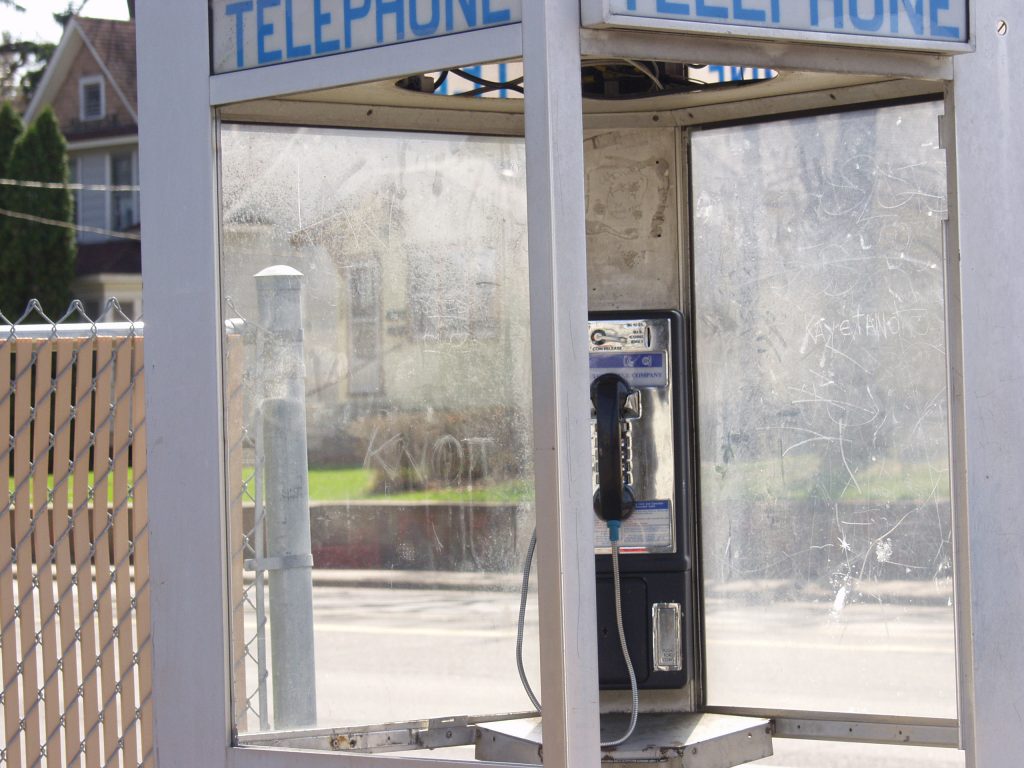 Everyone has been in the awkward situation where, as soon as they leave the doctor’s office, a myriad of questions that they forgot to ask are suddenly recalled, leaving you with no choice but to call your physician and try to get some answers. Unfortunately, these calls are not always answered. Recently the Louisiana Fourth Circuit Court of Appeal found that if complications arise out of failing to answer or return the call, your doctor may actually be breaching the standard of care.
Everyone has been in the awkward situation where, as soon as they leave the doctor’s office, a myriad of questions that they forgot to ask are suddenly recalled, leaving you with no choice but to call your physician and try to get some answers. Unfortunately, these calls are not always answered. Recently the Louisiana Fourth Circuit Court of Appeal found that if complications arise out of failing to answer or return the call, your doctor may actually be breaching the standard of care. When representing a client, an attorney and law firm must do their due diligence and advocate for their client in the best way possible. An excellent attorney will put in countless hours for their client and will not stop working until the job is completed. Not all attorneys do this however, and when an attorney underperforms, the client has every right to seek a different lawyer for their services.
When representing a client, an attorney and law firm must do their due diligence and advocate for their client in the best way possible. An excellent attorney will put in countless hours for their client and will not stop working until the job is completed. Not all attorneys do this however, and when an attorney underperforms, the client has every right to seek a different lawyer for their services.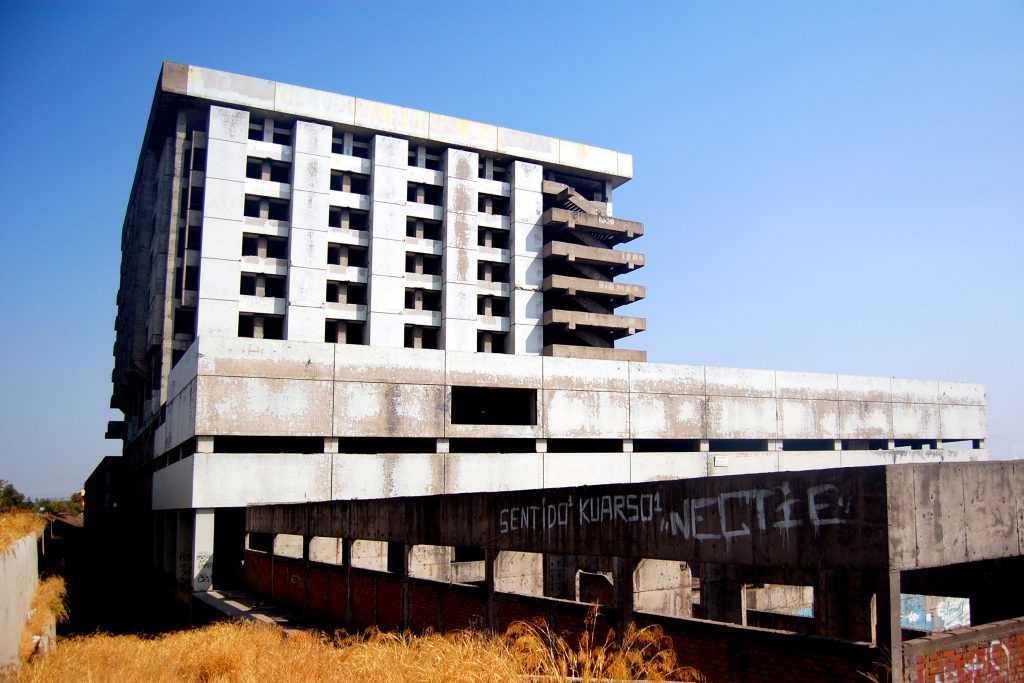 Families depend on nursing home staff to adequately care for loved ones. When loved ones suffer due to the negligence of nursing home staff, a medical malpractice suit can arise.
Families depend on nursing home staff to adequately care for loved ones. When loved ones suffer due to the negligence of nursing home staff, a medical malpractice suit can arise. 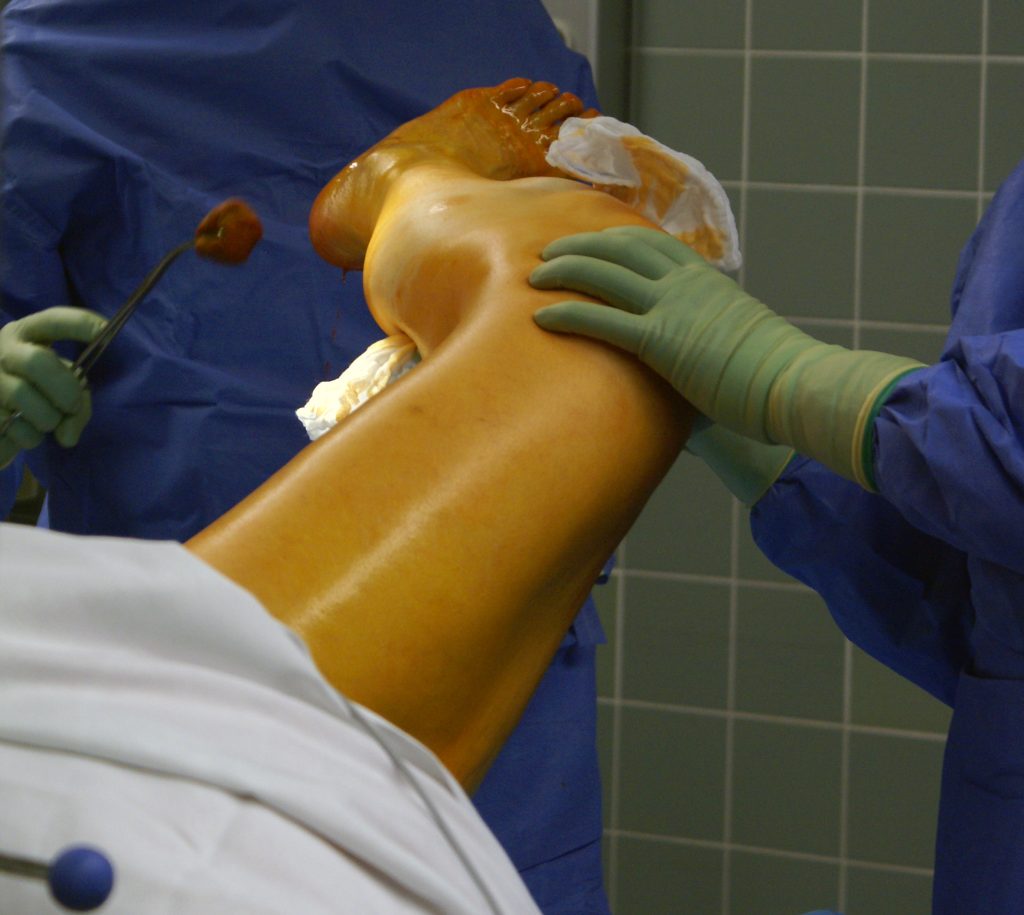 Imagine that your mother, a friend, or someone else you love dearly suffers from numerous health problems. In a terrible twist of fate, your loved one falls, worsening their current condition and making life more painful and difficult than it already is. To top it all off, what would already be considered a trying process is exacerbated because you feel like the doctors who are caring for your loved one aren’t listening to your input or concerns. After many visits to the emergency room and overnight hospital stays, your loved one passes away. Despite the health conditions before the fall, you feel like something wrong occurred during your loved one’s treatment and someone should be held responsible. This was exactly the scenario for the loved ones of Ms. Mary LeBoeuf. Five individuals, including her son and long-time partner, filed a lawsuit against her doctor, the hospital, and the orthopedic clinic on her behalf.
Imagine that your mother, a friend, or someone else you love dearly suffers from numerous health problems. In a terrible twist of fate, your loved one falls, worsening their current condition and making life more painful and difficult than it already is. To top it all off, what would already be considered a trying process is exacerbated because you feel like the doctors who are caring for your loved one aren’t listening to your input or concerns. After many visits to the emergency room and overnight hospital stays, your loved one passes away. Despite the health conditions before the fall, you feel like something wrong occurred during your loved one’s treatment and someone should be held responsible. This was exactly the scenario for the loved ones of Ms. Mary LeBoeuf. Five individuals, including her son and long-time partner, filed a lawsuit against her doctor, the hospital, and the orthopedic clinic on her behalf.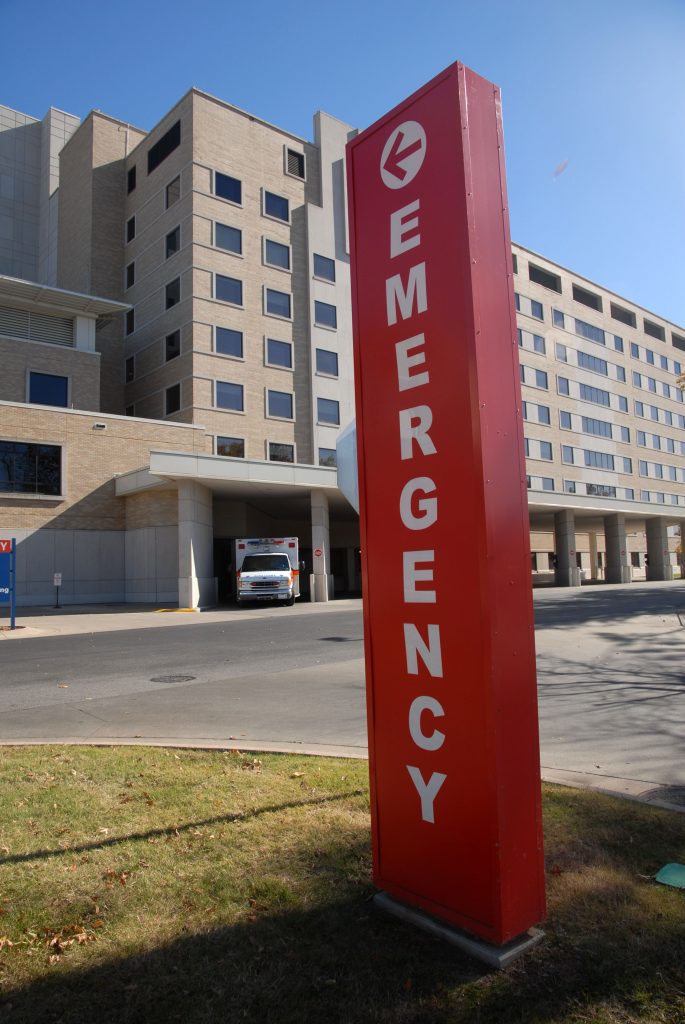 Nursing homes have become an integral part of our society due to America’s aging population. Families need nursing homes to help them care for elderly parents and relatives, disabled individuals, and other people requiring increased care. Most nursing homes treat their residents with industry-standard care; but what if you discovered that someone you love had been mistreated, or even abused, by the nursing home you trusted to care for them? This is what happened with the family of Ms. Lessie Porter.
Nursing homes have become an integral part of our society due to America’s aging population. Families need nursing homes to help them care for elderly parents and relatives, disabled individuals, and other people requiring increased care. Most nursing homes treat their residents with industry-standard care; but what if you discovered that someone you love had been mistreated, or even abused, by the nursing home you trusted to care for them? This is what happened with the family of Ms. Lessie Porter. It is no secret that a lawsuit has the potential to become a tangled web of procedural issues. This is why it is always a good idea to secure a good attorney with experience in dealing with the court system. Perhaps less common is the situation where the judge, the party responsible for ensuring an efficient and timely resolution of the dispute, gets tripped up in this procedural web. This is exactly the situation below.
It is no secret that a lawsuit has the potential to become a tangled web of procedural issues. This is why it is always a good idea to secure a good attorney with experience in dealing with the court system. Perhaps less common is the situation where the judge, the party responsible for ensuring an efficient and timely resolution of the dispute, gets tripped up in this procedural web. This is exactly the situation below. In November 2008, in Claiborne Parish, Mr. Fields went to Willis Knighton Claiborne Regional Health Center for complaints of diarrhea. Mr. Fields also had an extended history of medical issues, including hypertension and a kidney transplant. He saw a nurse practitioner, who consulted with a doctor and gave him a prescription for a generic antibacterial, which he took as directed. About a week later, he called his doctor’s office complaining that the medicine was making him feel worse. He alleged that he was instructed to continue taking the medicine as originally directed.
In November 2008, in Claiborne Parish, Mr. Fields went to Willis Knighton Claiborne Regional Health Center for complaints of diarrhea. Mr. Fields also had an extended history of medical issues, including hypertension and a kidney transplant. He saw a nurse practitioner, who consulted with a doctor and gave him a prescription for a generic antibacterial, which he took as directed. About a week later, he called his doctor’s office complaining that the medicine was making him feel worse. He alleged that he was instructed to continue taking the medicine as originally directed.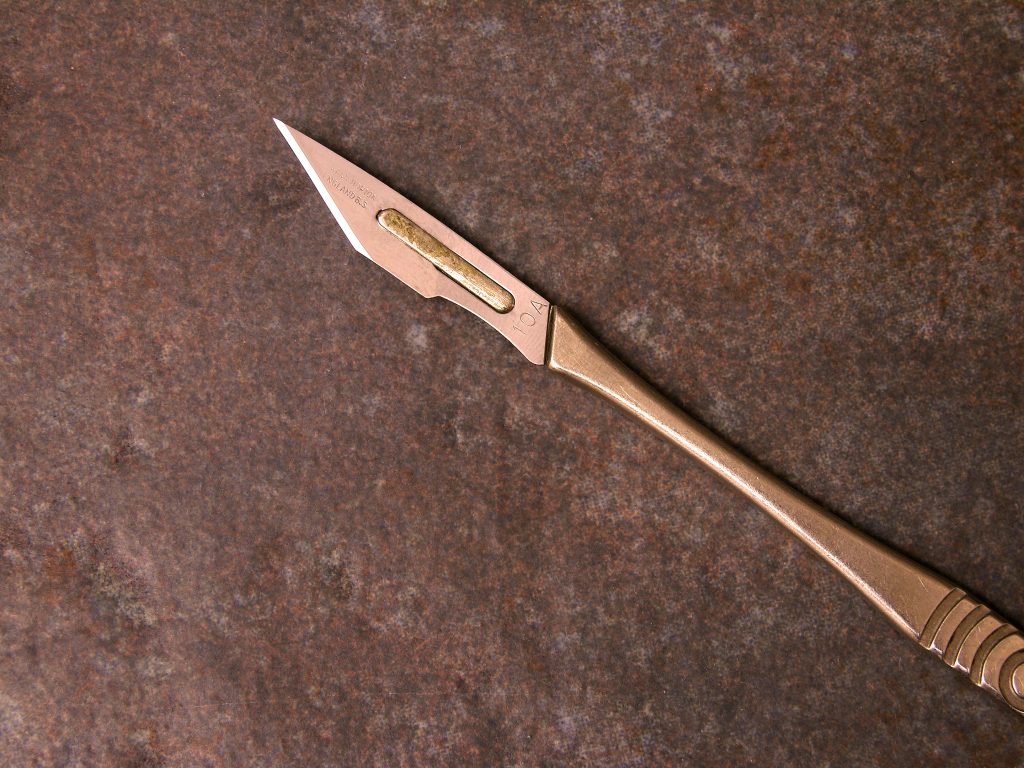 Professionals in various fields whose work greatly impacts the lives of others may find themselves accused of malpractice. Especially in medicine where a seemingly simple mistake can end one’s life, the lawsuits that stem from malpractice can bring large awards to plaintiffs. This is where malpractice insurance comes in, to make sure these amounts are paid without completely destroying the livelihood of that professional. The Fifth Circuit Court of Appeal discussed malpractice insurance issues in a recent ruling.
Professionals in various fields whose work greatly impacts the lives of others may find themselves accused of malpractice. Especially in medicine where a seemingly simple mistake can end one’s life, the lawsuits that stem from malpractice can bring large awards to plaintiffs. This is where malpractice insurance comes in, to make sure these amounts are paid without completely destroying the livelihood of that professional. The Fifth Circuit Court of Appeal discussed malpractice insurance issues in a recent ruling.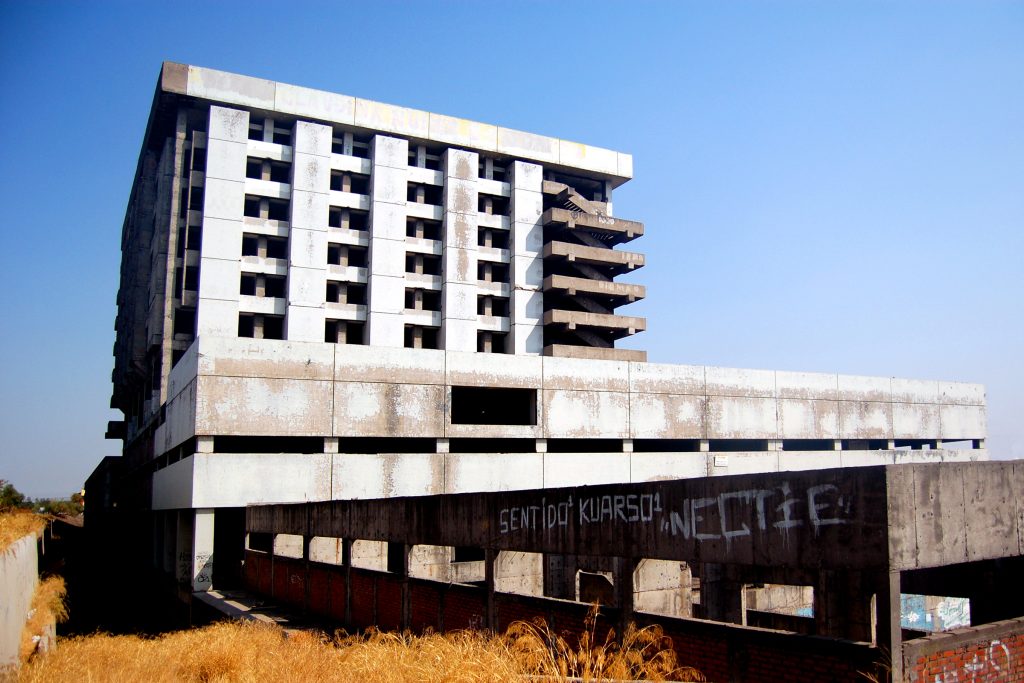 The average person experiences a great deal of emotion after a serious injury. The injured person is rushed to the hospital and places a great deal of faith in doctors to treat and diagnose injuries. Sometimes a medical professional fails to accurately diagnose a patient’s injuries, which can lead to a potential lawsuit against the doctor, hospital, or usually both.
The average person experiences a great deal of emotion after a serious injury. The injured person is rushed to the hospital and places a great deal of faith in doctors to treat and diagnose injuries. Sometimes a medical professional fails to accurately diagnose a patient’s injuries, which can lead to a potential lawsuit against the doctor, hospital, or usually both.